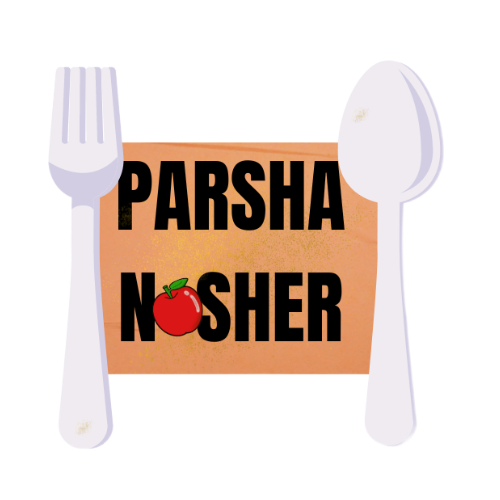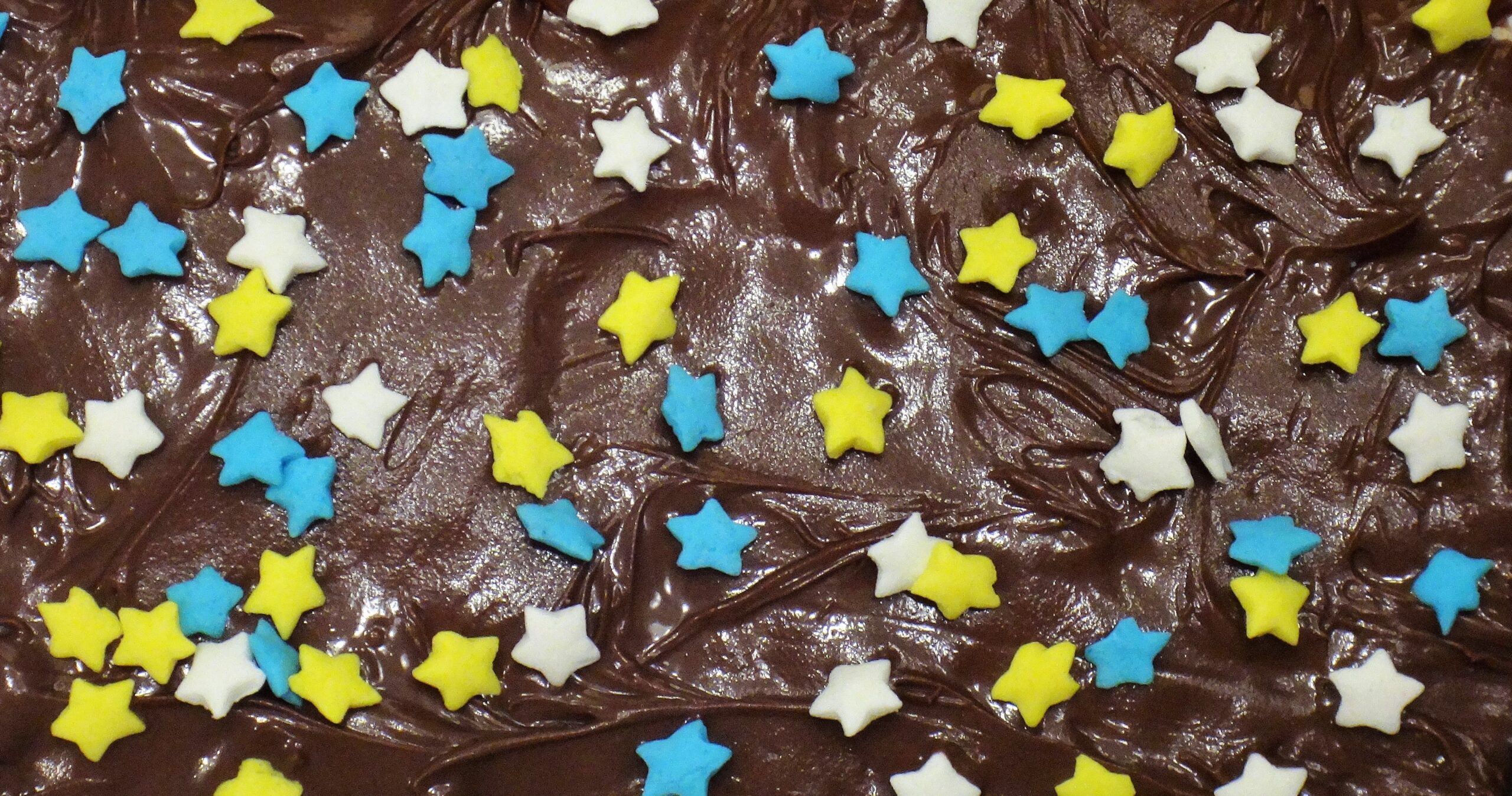Aharon: Aaron.
Alef-Bet: The first two letters of the Hebrew alphabet, generally used to refer to the entire Hebrew alphabet.
Aseret Hadibrot: Literally meaning “the ten statements,” generally mistranslated as “the ten commandments.”
Challah: While commonly used to refer to a braided, enriched bread (containing oil and/or eggs), the term is used in the Torah to refer to the mitzvah of Taking Challah (see below), rather than to any particular type of bread.
Chumash: A printed book containing the 5 books of the Torah. From the word chamesh meaning “five.”
Chumrah: A stringency. Generally something one particular rabbi or group of Jews adds on top of the Halachic requirements.
Haftara: That portion of the prophets read following the Torah reading for the week.
Haggada: Order of things said at the Passover seder.
Halacha: Jewish law, both oral and written, as it has developed since the giving of the Torah. “Halachic” means in keeping with Halacha.
Hashem: Literally “the name,” used to refer to God when not in prayer, to avoid taking God’s name in vain.
Hechsher: Certification that a food item has been deemed to be kosher by a Jewish authority.
Kiddush: Literally “blessing.” Generally used to refer to the ritual blessing said prior to drinking wine sanctifying a holy occasion.
Kippa: Also known as yarmulke. Traditional head covering generally worn by men; a skullcap.
Kohen: Also spelled Cohen, meaning priest, a descendant from Aaron, Moses’s brother. The Kohen Gadol was the high priest, in charge of sacrificial practice when sacrifice was practiced.
Kosher: Fit to eat, having been prepared and including ingredients allowed by Halacha.
Mashgiach: Literally a guard. In this context (and when referred to public or restaurant kitchens) person charged with overseeing that things are done in keeping with Halacha.
Mishkan: The movable temple used for sacrifice and worship, beginning in the desert after the exodus, and until the Temple was built by King Solomon.
Mitzvah: One of God’s 613 commandments (as the term is used here), though commonly used to refer to a “good deed.”
Moshe: Moses. Often referred to as “Moshe Rabbeinu,” Moses our teacher.
Nosh: A snack.
Parashat: Literally “the Parsha of.” Usually followed by the name of the particular Parsha.
Parsha: The part of the Torah designated to be read on a particular week of the year, according to the Jewish calendar.
Parshiot: Plural of Parsha
Seder: The ritual meal partaken of on Passover, consisting of a meal, songs, and stories developed over time and now fixed.
Shabbos: Shabbat, or Sabbath, taking place from Friday just before sunset until Saturday just after sunset.
Sh’ma: Referring to the central prayer said by Jews: “Hear o Israel, the Lord is our God, the Lord is One.”
Shmita: The year in which the land of Israel was allowed to lay fallow, which took place every 7 years.
Taking Challah: Taking a small portion of dough one makes, when using five pounds of flour or more, and burning it in the oven with a blessing, as required in Numbers 15:17-21.
| יט …בַּאֲכָלְכֶם מִלֶּחֶם הָאָרֶץ–תָּרִימוּ תְרוּמָה, לַיהוָה. | 19 …when you eat of the bread of the land, set apart a portion for a gift for the Lord. |
| כ רֵאשִׁית, עֲרִסֹתֵכֶם–חַלָּה, תָּרִימוּ תְרוּמָה… | 20 Of the first of your dough you must set apart a cake for a gift… |
| כא מֵרֵאשִׁית, עֲרִסֹתֵיכֶם, תִּתְּנוּ לַיהוָה, תְּרוּמָה—לְדֹרֹתֵיכֶם. | 21 Of the first of your dough give unto the Lord a portion for a gift throughout your generations. |
Tallit: A prayer shawl, rectangular in shape, having tzitzit on each of its four corners.
Torah: The Pentateuch, or the first five books of the Jewish bible. Consisting of Genesis, Exodus, Leviticus, Numbers, and Deuteronomy.
Tzedaka: Often used to mean “charity,” but it literally means equity. In other words, giving tzedaka is not extra. It is what is fair and just.
Tzitzit: Fringes attached to the corners of a tallit, knotted in a Halachically-prescribed manner.


